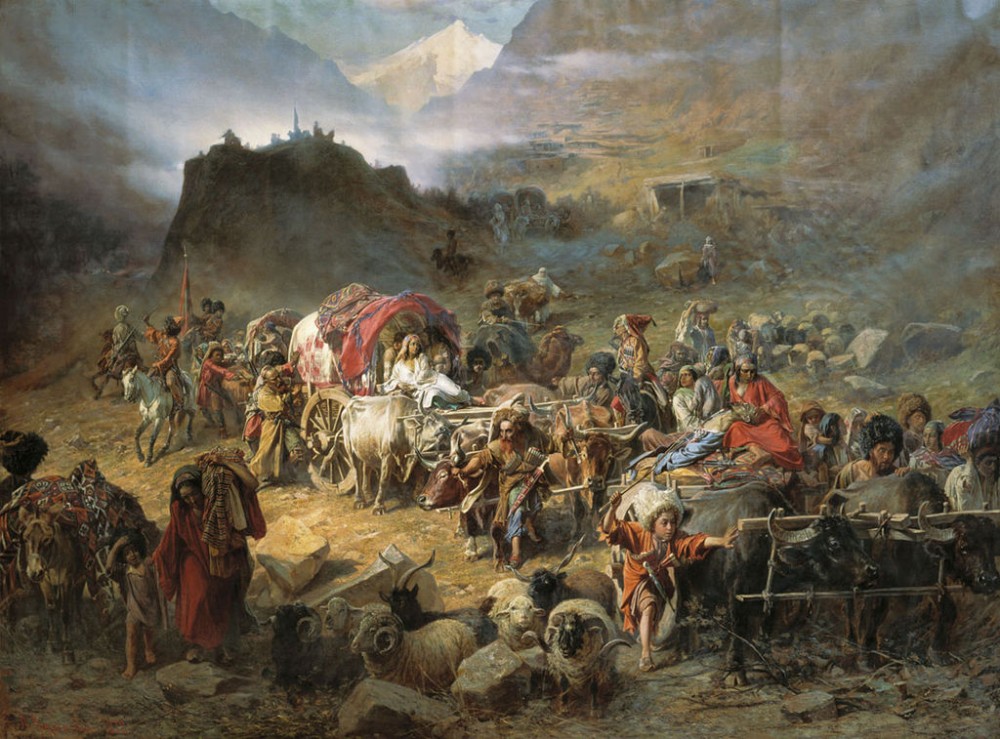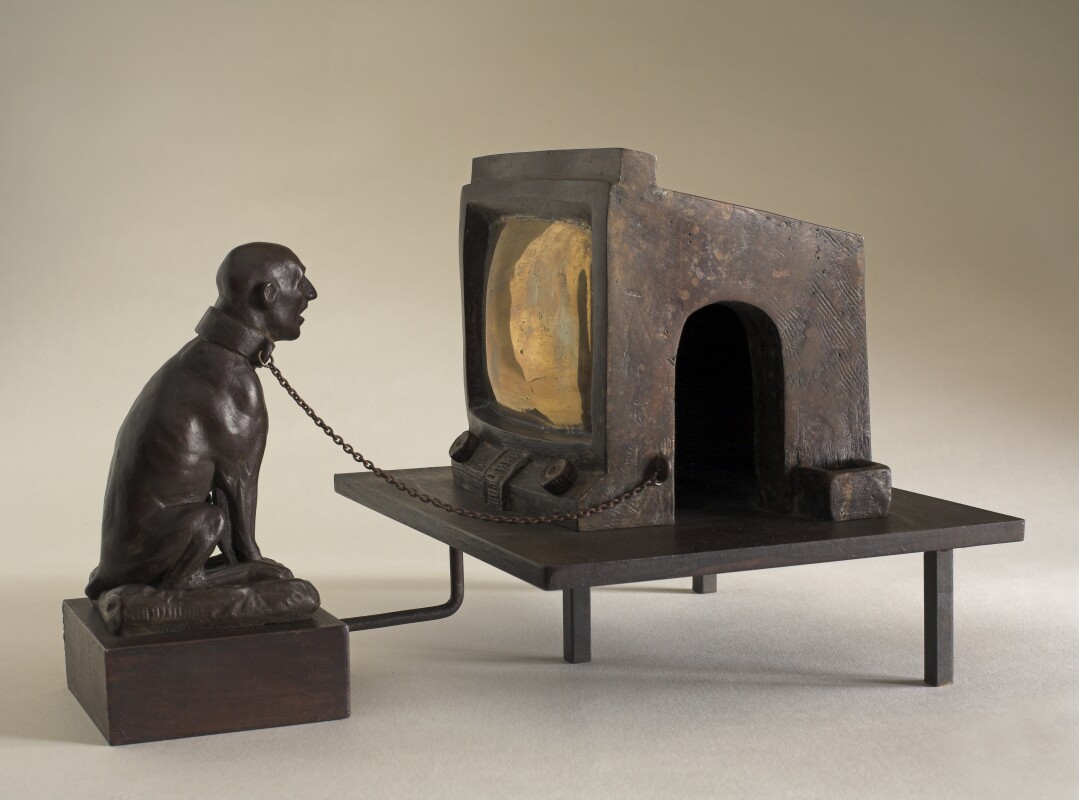When most people think about Russian disinformation now, they think almost exclusively about stories directed to a mass audience, be it via the print media or the Internet. That is a certainly a serious problem, but attention to it has kept many from focusing on what may be an even more serious development.
That problem is the spread of propaganda and disinformation from these mass media outlets to what are ostensibly scholarly publications, a development that represents a return to some of the worst excesses of Soviet times when scholars were forced to follow the party line on issues of importance to the Kremlin.
And this development threatens both Russian scholars who, while they may not have to cite Lenin as their parents and grandparents did, have to hew the Putin line on such issues and Western scholars who may not recognize the way in which this new “party” line has infected nominally “academic” research.
The challenge of identifying and countering such propaganda and disinformation in ostensibly academic articles is far more difficult than pointing up the latest lies, misrepresentations and distortions in the statements of Russian officials or commentators. It requires more time, more expertise, and more effort.
But it is an effort that is well worthwhile, and everyone who is concerned about accuracy can only be grateful to those who take the time to analyze such pieces and show how they weave together misrepresentations with real facts in order to lead astray both Russian and Western audiences by promoting the Kremlin’s ideology.
A remarkable example of this is provided this weekend by two members of the International Circassian Council, Iyad Youghar and Adel Bashqawi who analyze one such example of Russian disinformation and in so doing highlight both the insidious nature of such things and the reasons it has to be done.
They focus on an article by two researchers at Russia’s Southern Federal University entitled “The Circassian Question: Transformation of Content and Perception
” that has been published in Bylye gody, vol. 36, no. 2 (2015): 450-460.
Among the distortions this brief work contains, Youghar and Bashqawi point out, are the following, each of which reflects Russian efforts at disinformation cast in terms that make the article sound less like propaganda than like scholarship and that as a result are likely to be accepted by many and inform the thinking of those less attuned to the issues involved.
- First, they note, the article not only falsifies dates of the Russian-Circassian War which lasted from 1763 to 1864 but rechristens that conflict as “the Caucasian War,” a Russian innovation which ignores what really happened in the western North Caucasus.
- Second, the article suggests that “the so-called Circassian question” only became “hot” in the run-up to the 2014 Sochi Olympiad. In fact, Circassians have been protesting Russian actions in their homeland for a long time, most prominently in recent times in 2007 when Moscow invented the idea that the Circassians had been “voluntarily” associated with Russia for 450 years.
- Third, the article presents as fact Vladimir Putin’s mistake about the history of the Sochi coastal area. He talked about the Greeks settling there in antiquity without making reference to the fact that it was already populated by Circassians.
- Fourth, the article says that the rise of the Internet has allowed Russia to expose Circassian falsifications and overcome Circassian resistance. In fact, Youghar and Bashqawi say, to the contrary, the World Wide Web has led to greater Circassian activism and greater attention to the real history of the Circassians.
- And fifth, the article blames outside powers for everything bad that has occurred in the North Caucasus and presents Russia as being an invariably positive force, a misrepresentation that falls on its face if one examines any of the records of the conflict and the genocidal expulsion of the Circassians by Russian forces.

"Highlanders Leaving Their Village" by Petr Gruzinsky shows the Russian deportation of Circassians, the indigenous peoples of the region from their homeland at the end of the Russo-Circassian War. The expulsion was launched even before the end of the war in 1864 and it was mostly completed by 1867. The peoples expelled were mainly the Circassians (Adyghe), Ubykhs, Abkhaz, and Abaza. (Image: Wikimedia)
In Western academic life, any article that got so much wrong would be the subject of intense criticism by other scholars. But Russian articles of this kind often seem to get a pass, with those who read them forgetting to do the basic fact checking that they would insist upon if the article were published anywhere else.
It is time for that to stop, not only for the benefit of those in the West who need to know the truth about what Moscow has been doing but also for the benefit of scholars and others within the borders of the Russian Federation who once again are being spoon fed the kind of propaganda that many had hoped had ended with the demise of the USSR.

